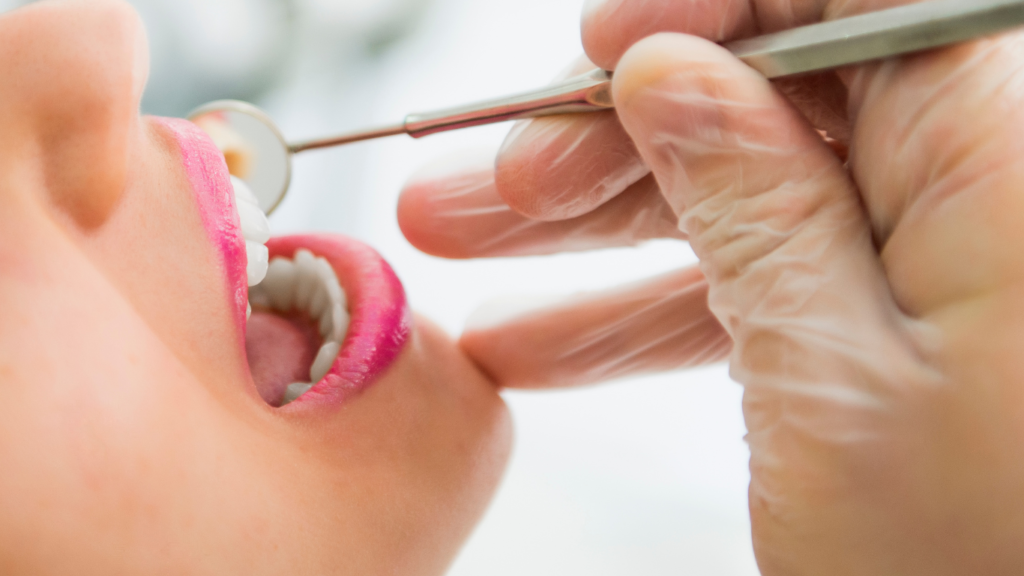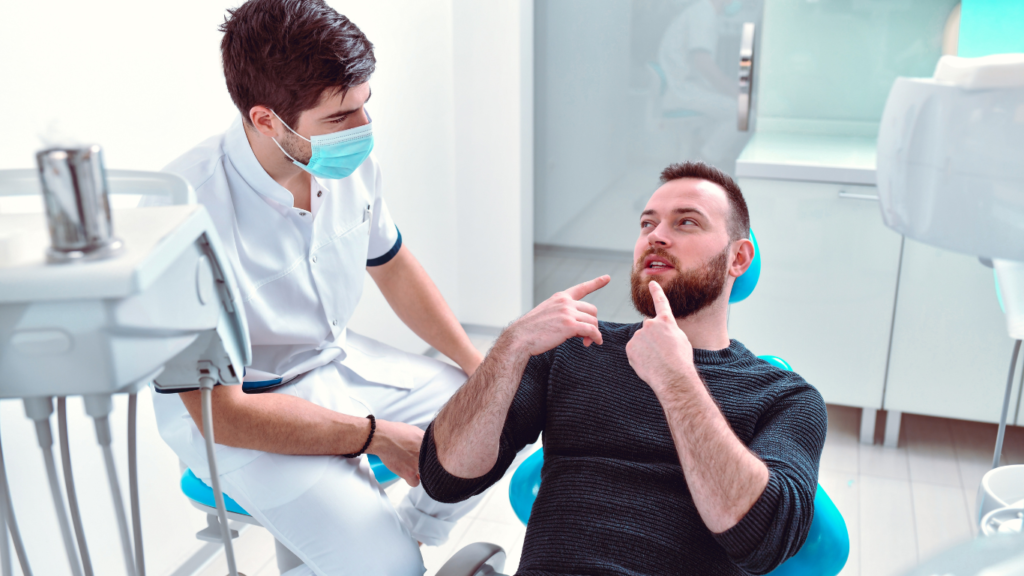Maintaining good oral health is essential for a beautiful smile and overall well-being. Fortunately, many common dental problems can be prevented with proper care and regular check-ups.
In this article, we will explore seven of these common dental issues and discuss effective prevention strategies.
Dental Cavities
Dental cavities, also known as caries or tooth decay, are one of the most prevalent dental problems. They occur when bacteria in your mouth produce acids that erode your tooth enamel.
To prevent cavities:
- Brush your teeth at least twice a day.
- Floss daily to remove plaque between teeth.
- Limit sugary and acidic foods and drinks.
- Visit your dentist regularly for check-ups and cleanings.
Gum Disease
Gum disease, including gingivitis and periodontitis, is a prevalent oral health issue that affects your gums and the supporting structures of your teeth.
To prevent gum disease:
- Brush and floss regularly to remove plaque.
- Use an antiseptic mouthwash to reduce bacteria.
- Don’t smoke or use tobacco products.
- Schedule routine dental check-ups and cleanings.
Bad Breath
Bad breath, or halitosis, can be embarrassing and socially inconvenient. It is often caused by bacteria in the mouth.
To prevent bad breath:
- Brush your teeth, tongue, and gums regularly.
- Stay hydrated to maintain saliva production.
- Avoid smoking and limit alcohol and caffeine.
- Visit your dentist to rule out any underlying oral health issues.
Tooth Sensitivity
Tooth sensitivity is characterized by pain or discomfort when consuming hot, cold, sweet, or acidic foods and beverages.
To prevent tooth sensitivity:
- Use a soft-bristle toothbrush and avoid aggressive brushing.
- Choose a toothpaste designed for sensitive teeth.
- Limit acidic foods and drinks.
- Discuss any persistent sensitivity with your dentist.

Teeth Grinding (Bruxism)
Teeth grinding or clenching can lead to tooth wear, fractures, and jaw pain.
To prevent bruxism:
- Manage stress through relaxation techniques.
- Wear a nightguard if recommended by your dentist.
- Be mindful of jaw tension and try to avoid clenching.
Tooth Loss
Tooth loss can occur due to various factors, including decay, gum disease, or injury.
To prevent tooth loss:
- Practice good oral hygiene.
- Wear protective gear during sports activities.
- Avoid using your teeth for tasks like opening packages.
Oral Cancer
Oral cancer is a serious condition that can be life-threatening if not detected early.
To prevent oral cancer:
- Avoid tobacco products and limit alcohol consumption.
- Use sunscreen on your lips when outdoors.
- Regularly check for any changes or sores in your mouth.
Dry Mouth
Otherwise known as xerostomia, dry mouth occurs due to a lack of saliva in the mouth. This can occur for a variety of reasons, but most commonly is a result of prescription medication.
The problem with dry mouth is that it comprimes the health of your teeth and gums, as saliva lubricates and moisturizes, helping to maintain proper dental hygiene.
If caused by medication, which is often the case, talk to your doctor about possible alternatives, and always stay sufficiently hydrated to minimize the effects of these side-effects.
Root Infection
Throbbing tooth pain that doesn’t go away can be a sign that there is an infection in the tooth’s root, and can lead to tooth decay and other collateral damage caused by bacteria invading and weakening the root.
A root infection can necessitate a root canal treatment, where the bacteria is removed from the canal, and the tooth is sealed with a crown or filling.
An alternative solution would be to extract the infected tooth and replace it with a dental implant.
Unattractive Smile
Although this isn’t typically classified as a dental problem, an unattractive reason is one of the major reasons people go to the dentist.
Not being proud of your smile can be hard on your self-esteem, and misaligned teeth can also compromise dental health, affect your bite, and make it harder to properly clean your teeth on a daily basis.
Fortunately, with modern dentistry techniques, an unattractive smile is fixable!
Common cosmetic dental changes could include:
- Teeth whitening
- Dental implants
- Orthodontics (e.g., braces, Invisalign)
Mouth Sores
Mouth sores are ulcers that can be found on the lips, gums, cheeks, tongue, soft palate, and bottom of the mouth.
Canker (found on the interior of mouth) and cold sores (found on the outer lips) can be provoked by stress, gastrointestinal diseases, poor diet, hormonal changes or other viral infections.
Although painful, they’re not typically cause for alarm unless they last for more than a week.
Preventive Measures for mouth sores:
- Avoid eating hot foods and beverages.
- Chew slowly to prevent biting your lips or tongue.
- Maintain a healthy diet and drink enough water.
- Manage stress in healthy ways.
- Brush your teeth gently with a soft-bristled toothbrush.
- Avoid or eliminate hot and spicy food items from your diet.

Modern Day Dental | Dentist St. Johns, Florida
Preventing common dental problems starts with a proactive approach to oral hygiene and regular dental visits. By following these preventive measures, you can maintain a healthy and beautiful smile for years to come.
Remember that your dentist is your partner in oral health, so don’t hesitate to reach out for advice and regular check-ups to address any concerns promptly. A healthy smile is a valuable asset, and it’s worth the effort to protect it.
If you need help dealing with dental problems and are located in or around St. Johns Florida, consult with the experts at Modern Day Dental to explore how we can help optimize your oral health!

